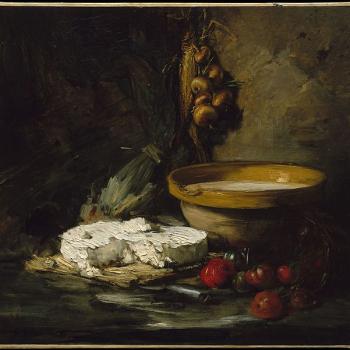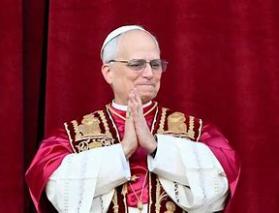From David Mills on Facebook

As the active Roman Catholic Bishops in Texas, we urge you to act in your respective
capacities to stop the impending execution of Melissa Lucio on April 27, 2022. We
call on Mr. Saenz to withdraw the execution date. We call on the board to grant a
stay of execution, and we call on Governor Abbott to affirm that stay and grant her
clemency for a meaningful review of her case.We continue to pray for everyone who has been touched by the tragic loss of
Mariah’s life, especially for the suffering Ms. Lucio and her family have endured.
We are also fervently praying that clemency be granted to Ms. Lucio, not solely
because of the Church’s opposition to the death penalty and the inherent dignity of
every human life, but also due to the mitigating circumstances surrounding her
case.
Warning: Language
STOP the Execution of Melissa Lucio | Catholic Mobilizing Network (CMN) (catholicsmobilizing.org)
Send a message to Texas Governor Greg Abbott and the Texas Board of Pardons and Paroles advocating for clemency for Melissa Lucio.
The state of Texas plans to execute Melissa Lucio on Wednesday, April 27, 2022 for the 2007 death of her two-year-old daughter, Mariah Alvarez, despite strong forensic evidence and eyewitness accounts that Mariah’s death was accidental.
While Melissa’s family was moving into a new apartment, Mariah, who had a mild physical disability that made her unstable when walking, stumbled and fell down a steep set of exterior stairs.
Mere hours after her daughter’s tragic death, Melissa was subjected to a five-hour, late-night, carefully orchestrated, and aggressive interrogation until, physically and emotionally exhausted, she agreed to say, “I guess I did it.”
At the time of her arrest, Melissa Lucio had no record of violence. Thousands of pages of protective service records and recorded interviews with her children show that Ms. Lucio was not abusive with her children.
Please contact Gov. Abbott and the Texas Board of Pardons and Paroles NOW and urge them to stop the execution of a woman who may well be innocent.
FROM THE VATICAN
2267. Recourse to the death penalty on the part of legitimate authority, following a fair trial, was long considered an appropriate response to the gravity of certain crimes and an acceptable, albeit extreme, means of safeguarding the common good.
Today, however, there is an increasing awareness that the dignity of the person is not lost even after the commission of very serious crimes. In addition, a new understanding has emerged of the significance of penal sanctions imposed by the state. Lastly, more effective systems of detention have been developed, which ensure the due protection of citizens but, at the same time, do not definitively deprive the guilty of the possibility of redemption.
Consequently, the Church teaches, in the light of the Gospel, that “the death penalty is inadmissible because it is an attack on the inviolability and dignity of the person”,[1] and she works with determination for its abolition worldwide. New revision of number 2267 of the Catechism of the Catholic Church on the death penalty – Rescriptum “ex Audentia SS.mi” (vatican.va)













